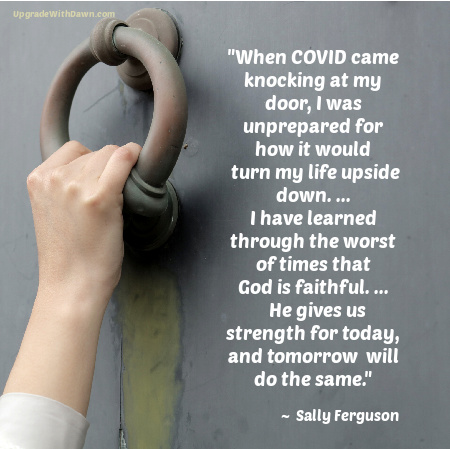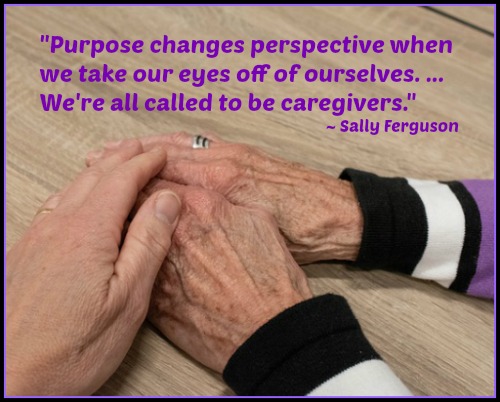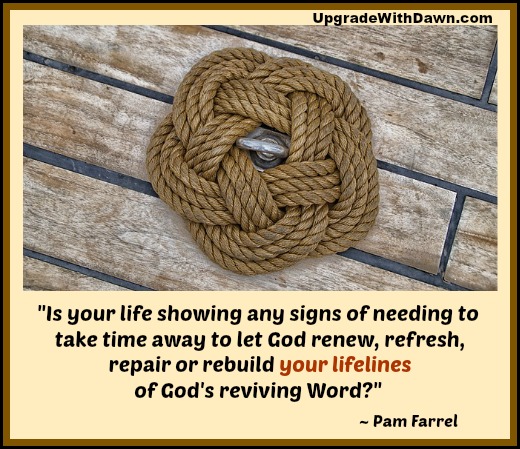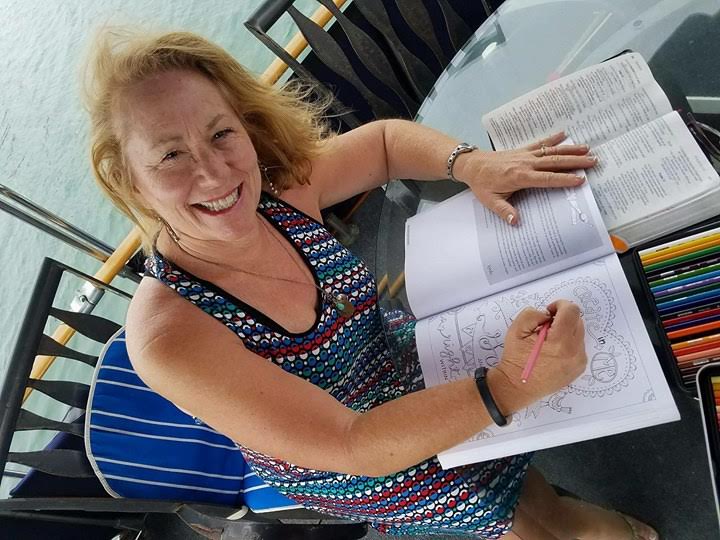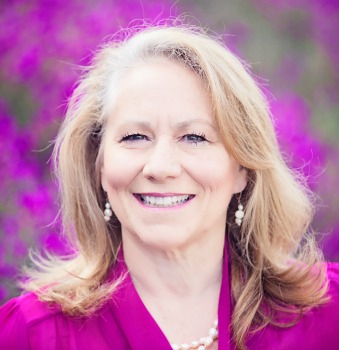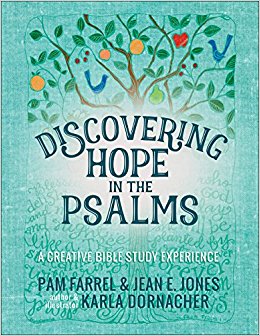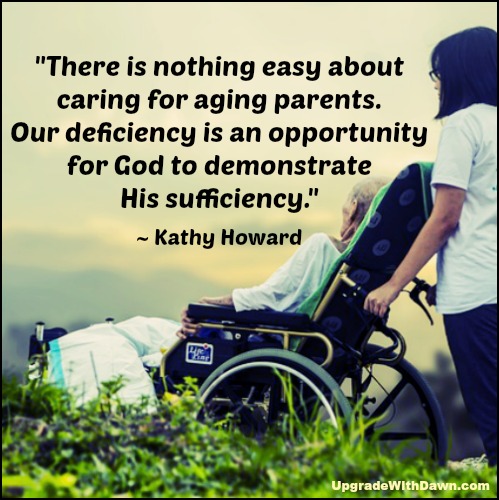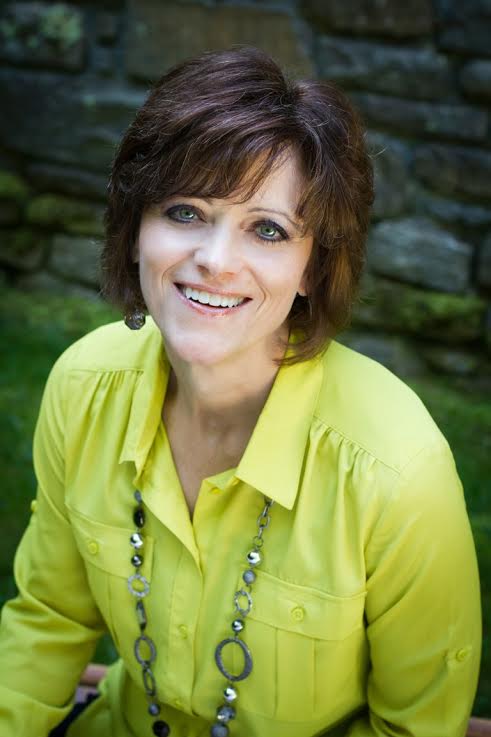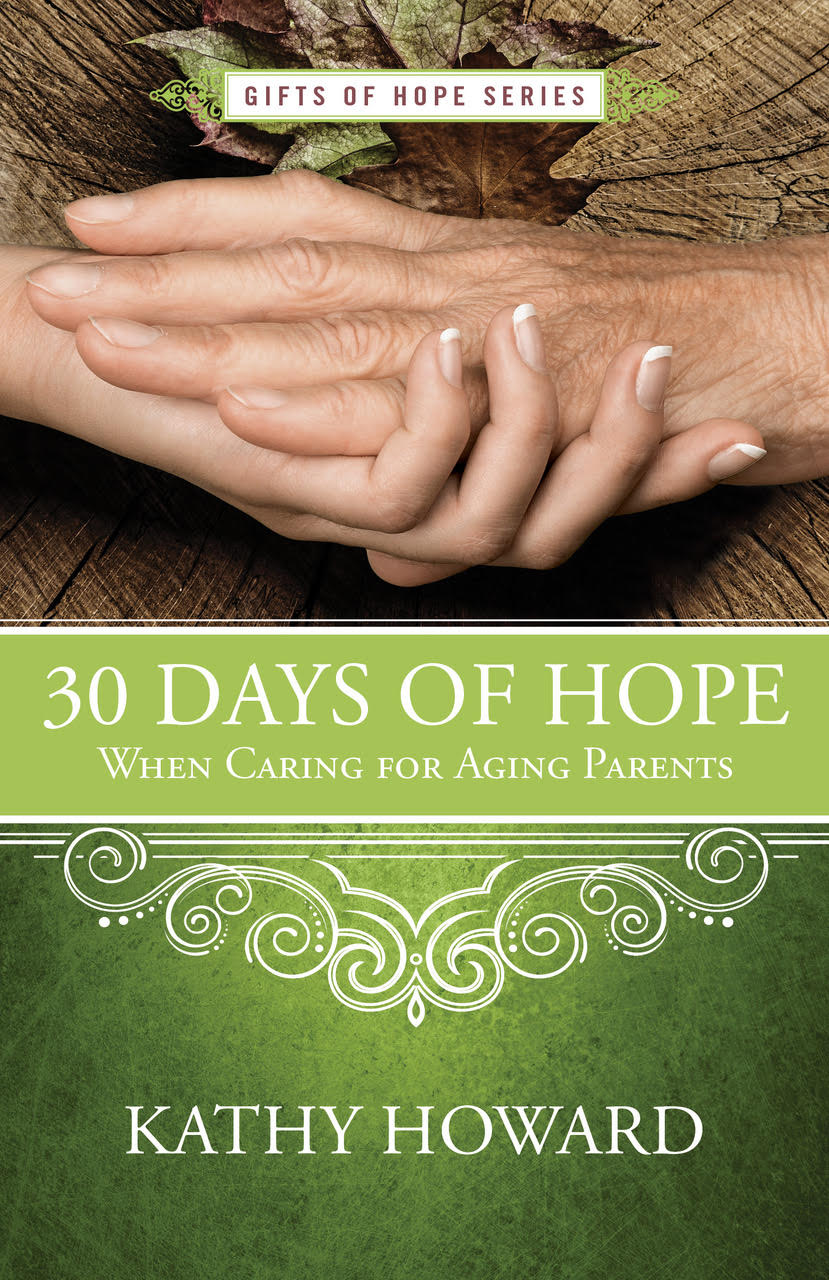Show Caregivers You C.A.R.E.
Pam Farrel is a prolific writer, but that's not why I love her. She is one of the most caring women I know—so often reaching out to boost up or help others. Pam has gone through some tough years—as she writes about in this Caregiving UPGRADE—and she speaks from the wisdom and expanded compassion of personal experience.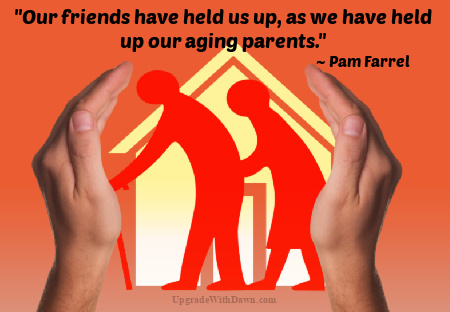
"National Alliance for Caregiving announced that the number of caregivers in the USA rose by 9.5 million between 2015 and 2020," Pam says.
"One in five people is a caregiver. We are two of those caregivers."
On a personal note, I (Dawn) have "encouraged" my sister who is the caregiver for our elderly mother, and now I'm watching my husband and his siblings care for their parents. I have growing compassion for these sacrificial caregivers.
I'm so glad Pam is sharing her thoughts about how to encourage caregiving heroes as they honor their loved ones with sacrificial care.
Pam continues . . .
Bill’s parents—one frail of mind, the other frail of body—needed more and more help, so we sold our home and gave away most of our worldly belongings to downsize to live near them.
Four years ago, we moved to a live-aboard boat, which provided a nurturing environment to our caregiving souls.
However, with COVID-19, we had to move inland to a 300-square-foot RV on his parents’ land, because we were and are the safest people to provide the caregiving Bill’s now 92-year-old parents need.
We have been in Christian ministry all of our 42 years of marriage, and these last four years are, by far, the most challenging ministry assignment God has ever asked us to take on.
However, in the darkness, the stars shine the brightest! 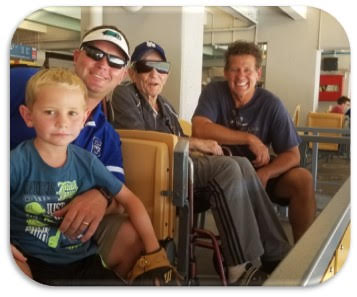
Caregiving often involves many family members and friends. (This is Bill, sitting next to his dad, and joined by other family members.)
We have seen the beautiful side of humanity and the love of God extended to us through the C.A.R.E. others have extended to us.
Our friends have held us up,
as we have held up our aging parents.
How can we C.A.R.E for those who 'care give' others?
C —Check in and Check on the Caregiver
It is easy to feel invisible in your life as a caregiver.
- The person you are attending to may or may not be thankful, grateful, or appreciative.
- Some of those you care for may not even have the ability to verbalize their thanks—or cognitively, they might not be able to grasp the great sacrifices you are making.
- Others, like aging parents, or a disabled family member, might initially show thanks with words or actions, but many, as their health declines, will lose their ability to give thanks—or perhaps will even forget your name!
That is why all caregivers need their "Epaphroditus."
During our caregiving years, I have written and published Discovering Joy in Philippians: A Creative Bible Study Experience, and among the cast of characters in the apostle Paul’s life was a very faithful friend: Epaphroditus:
I have thought it necessary to send to you Epaphroditus my brother and fellow worker and fellow soldier, and your messenger and minister to my need. ...
Indeed he was ill, near to death. But God had mercy on him, and not only on him but on me also, lest I should have sorrow upon sorrow.
I am the more eager to send him, therefore, that you may rejoice at seeing him again, and that I may be less anxious.
So receive him in the Lord with all joy, and honor such men,
for he nearly died for the work of Christ, risking his life to complete what was lacking in your service to me (Philippians 2:25, 27-30).
Paul was writing from prison, and in those days, your friends and family needed to provide ALL your needs—or you went without!
Epaphroditus was such a great friend that he gathered money and goods and risked his own health to make sure Paul got his needs met.
For Bill and me, even an encouraging text, a colorful greeting card, or a social media message asking, “How are YOU?” is one way God has reminded us that He sees, He cares, and He will move on our behalf.
A — Assist with Practical Help
Galatians 6:2 reminds us, Carry each other’s burdens, and in this way you will fulfill the law of Christ.
In this verse, we are asked to bear another’s burden, or personal weight, upon oneself—by choice! 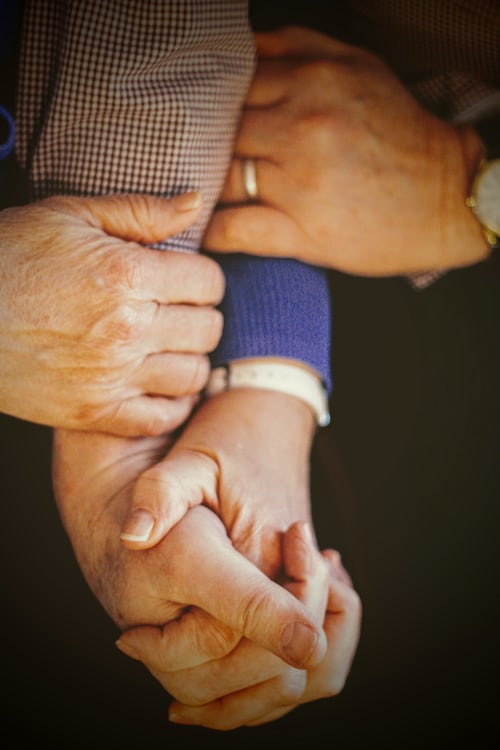 When we do this, we fulfill the greatest commandment:
When we do this, we fulfill the greatest commandment:
Love the Lord your God with all your heart and with all your soul and with all your mind and with all your strength.’ The second is this: ‘Love your neighbor as yourself' (Mark 12:30-31).
During the COVID-19 pandemic, our already-difficult season of caregiving got even harder!
In two days, two years’ worth of our speaking was cancelled or postponed. Like many, it was a financial crisis!
Those friends and family in our Living Love-Wise Community rallied. Many:
- Sent financial donations,
- Called, and asked what practical help they might offer,
- Hosted us in their homes when we did travel for ministry,
- Recommended us for paid ministry,
- Referred us as life coaches,
- Extended writing and virtual speaking opportunities, and
- Lavished us with gift cards for necessities.
(Notice all those action words?) Their practical help held our heads above the rushing storm waters.
R — Resource Respite
Caregivers get weary.
For the past several years, Bill’s dad has called his son’s phone all night long, every night, night after night. We are sleep-deprived.
And my husband also is physically tired, because his father is weak and frail. So Bill picks him up, moves him, carries him—whatever it takes to bring aid and comfort to his father.
In addition, he must deal with his mom—a hoarder, and an agoraphobic (fear of entering open or crowded spaces, or leavng home).
Studies by the National Association of Caregivers note that the health of caregivers often declines, the longer he or she serves as a caregiver.
My prayers are often, “Lord, keeping Bill’s folks alive feels like it is killing Bill!”
God knows the sacrifice. Jeremiah 31:25 brings hope:
“For I satisfy that weary one and refresh everyone who languishes.”
The word picture here is of God sending a saturating rain to a parched land. The showers then refresh, refill, renew the languishing land.
People have been kind to:
- Take us out to dinner,
- Pay for a hotel room for a 24-hour collapse, and
- Send gift baskets, flowers, boxes of encouraging books and spiritual strengthening tools.
Just this week, one of our friends sent us a gift of a three-day anniversary in a lakeside cabin!
The good news is the care our family and friends have sacrificed to extend to us is helping protect Bill’s and my health and emotional well-being.
E — Encourage and Equip
1 Thessalonians 5:11 says, Therefore encourage one another and build each other up, just as in fact you are doing.
This verse is a picture of walking alongside someone with encouragement, exhortation, admonishment, comfort, and consolation.
The term "build up" is a picture of constructing a home—strong and sturdy—a home where God dwells. And this is not a once-in-a-lifetime action. Rather, it is an ongoing choice to help the caregiver stand strong in their strenuous season.
Recently, a friend sent me a bracelet that reads, “Grow through what you go through.” More than a decade ago, I gave her a bracelet that looks like a zig zagged line, and with it was the promise, “I will be with you in the ups and downs of life.” We are most like Jesus, our Emmanuel, when we go WITH our friend.
In today’s world, when someone passes away, we might be tempted to only post “Praying” or a few emojis. However, the real friend will seek to do more to be “there” and extend C.A.R.E. for their friend, so he or she can stay strong in their caregiving calling.
Your care for others is the measure of your greatness (Luke 9:48 TLB).
Pray and listen to God’s Spirit, then take practical action to extend some tender loving care to someone who has been caregiving another.
Remember, C.A.R.E. means:
Check in/Check on the caregiver, Assist in practical ways, provide Resource Respite—encourage caregivers' health and well-being, and Encourage/Equip them for their difficult ministry to those they love.
Who is God asking YOU to C.A.R.E. for?
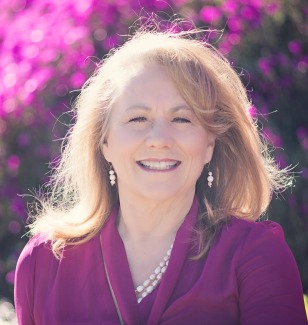 Pam Farrel is an international speaker, relationship expert, and author of 54 books including: Discovering Joy in Philippians: A Creative Bible Study Experience and Discovering Hope in the Psalms. Download your free copy of
Pam Farrel is an international speaker, relationship expert, and author of 54 books including: Discovering Joy in Philippians: A Creative Bible Study Experience and Discovering Hope in the Psalms. Download your free copy of 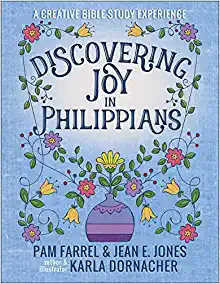 Infectious Joy and tell others about it too—become contagious with joy! Pam and her husband Bill co-direct Love-Wise ministries. They invite you to become a member of the Living Love-Wise Community.
Infectious Joy and tell others about it too—become contagious with joy! Pam and her husband Bill co-direct Love-Wise ministries. They invite you to become a member of the Living Love-Wise Community.
Graphic adapted, courtesy of Gerd Altmann at Pixabay.
 Post a Comment → Posted on
Post a Comment → Posted on  Thursday, June 10, 2021 at 10:02AM
Thursday, June 10, 2021 at 10:02AM  Caregivers,
Caregivers,  Caregiving,
Caregiving,  Caring for Caregivers,
Caring for Caregivers,  Pam Farrel,
Pam Farrel,  Upgrade with Dawn Upgrade Your Life
Upgrade with Dawn Upgrade Your Life  Caregiving,
Caregiving,  Elderly
Elderly 




